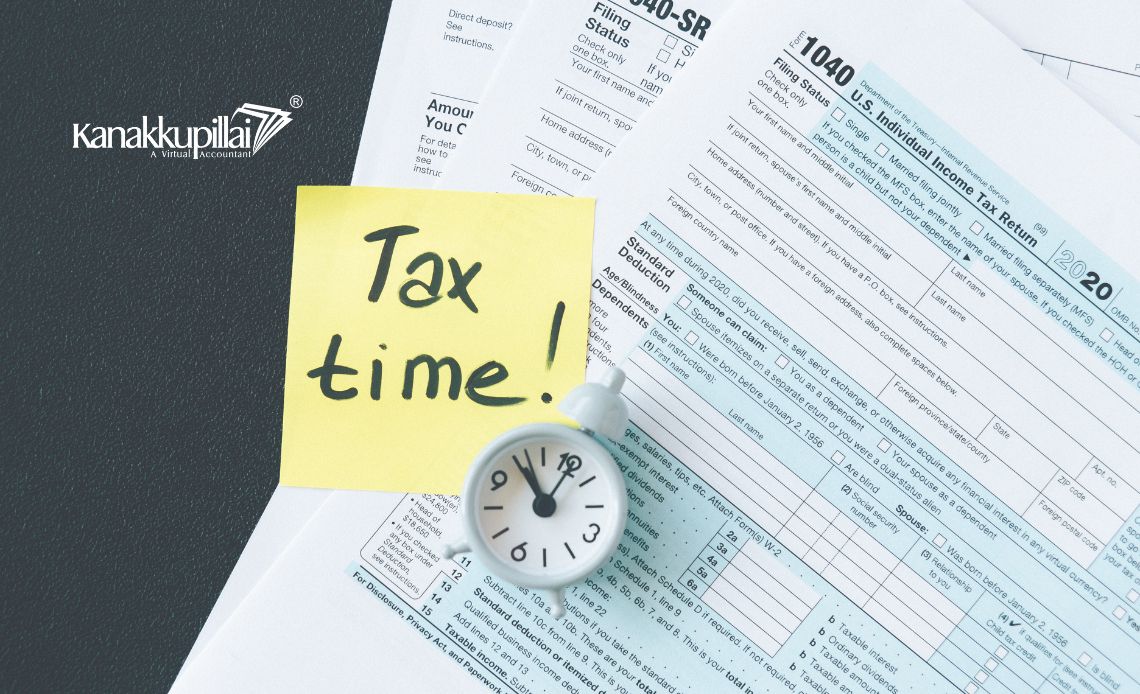Last Updated on June 6, 2025
Paying taxes is a part of life, but it doesn’t have to be scary or stressful. Every year, many people find themselves confused or anxious when tax season arrives. But the truth is, with a little planning and awareness, you can stay in control of your taxes. In this article, we’ll show you how to master your taxes before they master you – all in simple, easy-to-follow steps.
Why You Should Care About Taxes?
Taxes are money you pay to the government so it can provide services like roads, schools, hospitals, and security. If you don’t file your taxes correctly or on time, you may face penalties, interest, or legal trouble. On the other hand, when you need to understand tax structure, you may even get money back in the form of a tax refund or save more through tax deductions and exemptions.
Step 1: Know Your Income Sources
The first step to mastering your taxes is understanding where your income comes from. It could be:
- Salary from a job
- Freelance or contract work
- Business profits
- Rental income
- Interest from savings or investments
Each type of income may be taxed differently. Keeping track of these sources helps you avoid mistakes in your tax return.
Step 2: Collect the Right Documents
When tax season comes, you’ll need documents like:
- Form 16 (from your employer – shows your salary and TDS)
- Form 26AS (a tax statement that shows all TDS and other income-related details)
- Bank statements
- Receipts of investments (like LIC, PPF, ELSS, etc.)
- Rent receipts (for HRA claim)
- Home loan interest certificate (if applicable)
Organizing these in advance will save you time and reduce stress.
Step 3: Understand Deductions and Exemptions
You don’t have to pay tax on all your income. The government gives you ways to save through deductions under sections like:
- 80C – Investments in PPF, EPF, LIC, ELSS, etc. (up to ₹1.5 lakh)
- 80D – Health insurance premium
- 24(b) – Home loan interest
- HRA Exemption – For rented houses
Using these wisely can reduce your tax burden.
Step 4: Choose the Right Tax Regime
From 2020, India introduced two tax regimes:
- Old Regime – Higher tax rates but allows deductions/exemptions
- New Regime – Lower tax rates but no deductions allowed
Depending on your income and expenses, one may be better for you. Compare both before filing.
Step 5: File Your Taxes on Time
Filing your tax return before the due date (usually 31st July) avoids late fees. You can file online through the Income Tax Department’s website or seek help from a tax consultant.
Filing early also gives you time to correct mistakes or other errors, claim refunds sooner and stay relaxed.
Step 6: Keep Records Safe
Even after you file, keep all your tax-related documents for at least 6 years. You might need them in case of an audit or if you get a notice from the Income Tax Department.
Conclusion
Taxes may seem complicated, but with a little effort, you can take charge. Learn the basics first, and stay organized and plan ahead for the future. Whether you file taxes on your own or with help, remember this: Master your taxes before they master you. It’s not just about saving money but also about saving your peace of mind…!
Related Service
Income Tax Return Filing Online
FAQs
Q1: What happens if I don’t file my taxes on time?
You may have to pay a late fee with interest, or even face unwanted legal action.
Q2: Can I file taxes myself online?
Yes, the Income Tax Department provides a free e-filing portal for individuals.
Q3: What if I make a mistake in my tax return?
You can file a revised return to correct any errors before the end of the assessment year.





